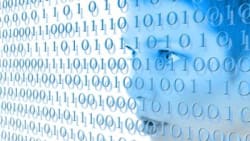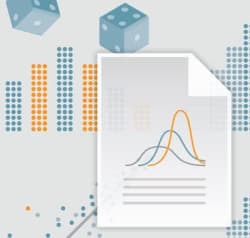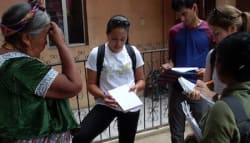Images
This course is an introduction to how to use relational databases in business analysis. You will learn how relational databases work, and how to use entity-relationship diagrams to display the structure of the data held within them. This knowledge will help you understand how data needs to be collected in business contexts, and help you identify features you want to consider if you are involved in implementing new data collection efforts. You will also learn how to execute the most useful query and table aggregation statements for business analysts, and practice using them with real databases. No more waiting 48 hours for someone else in the company to provide data to you – you will be able to get the data by yourself! By the end of this course, you will have a clear understanding of how relational databases work, and have a portfolio of queries you can show potential employers. Businesses are collecting increasing amounts of information with the hope that data will yield novel insights into how to improve businesses. Analysts that understand how to access this data – this means you! – will have a strong competitive advantage in this data-smitten business world.
Similar resources
To these ends, the mission of Duke University is to provide a superior liberal education to undergraduate students, attending not only to their intellectual growth but also to their development as adults committed to high ethical standards and full participation as leaders in their communities; to prepare future members of the learned professions for lives of skilled and ethical service by providing excellent graduate and professional education; to advance the frontiers of knowledge and contribute boldly to the international community of scholarship; to promote an intellectual environment built on a commitment to free and open inquiry; to help those who suffer, cure disease, and promote health, through sophisticated medical research and thoughtful patient care; to provide wide ranging educational opportunities, on and beyond our campuses, for traditional students, active professionals and life-long learners using the power of information technologies; and to promote a deep appreciation for the range of human difference and potential, a sense of the obligations and rewards of citizenship, and a commitment to learning, freedom and truth.


Programming and the Web for Beginners

Statistics Capstone Project

Introduction to Probability and Data

Java Programming: A DIY Version of Netflix and Amazon Recommendation Engines

Dog Emotion and Cognition











